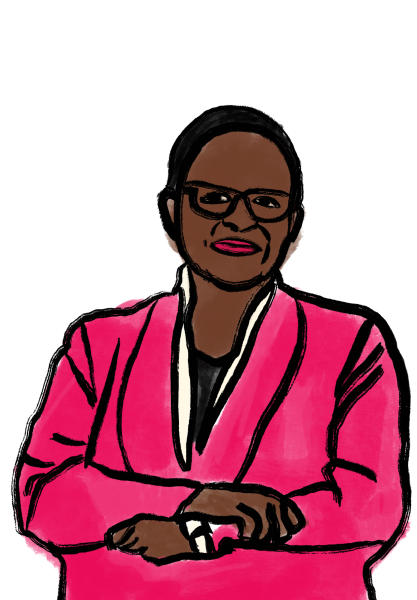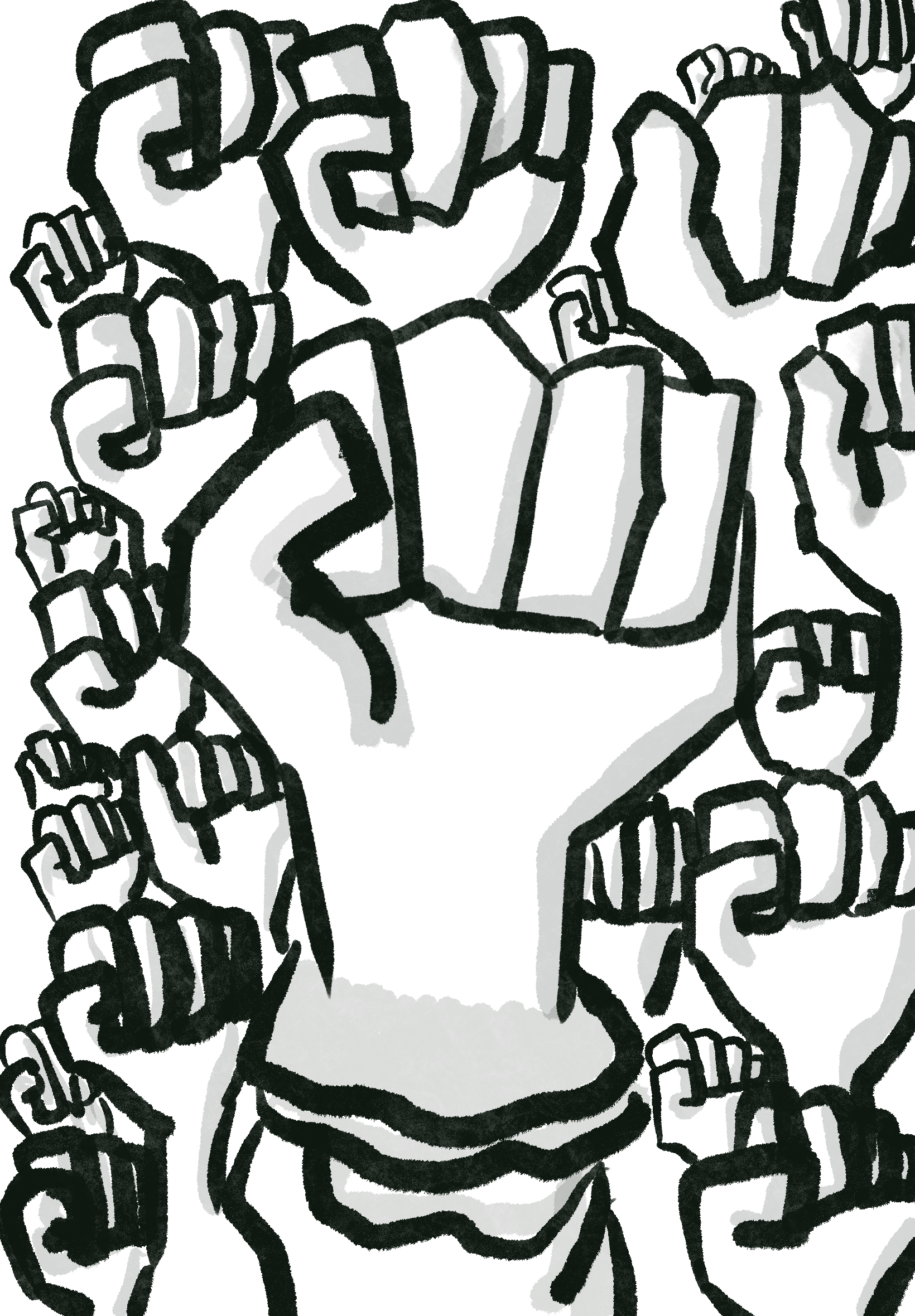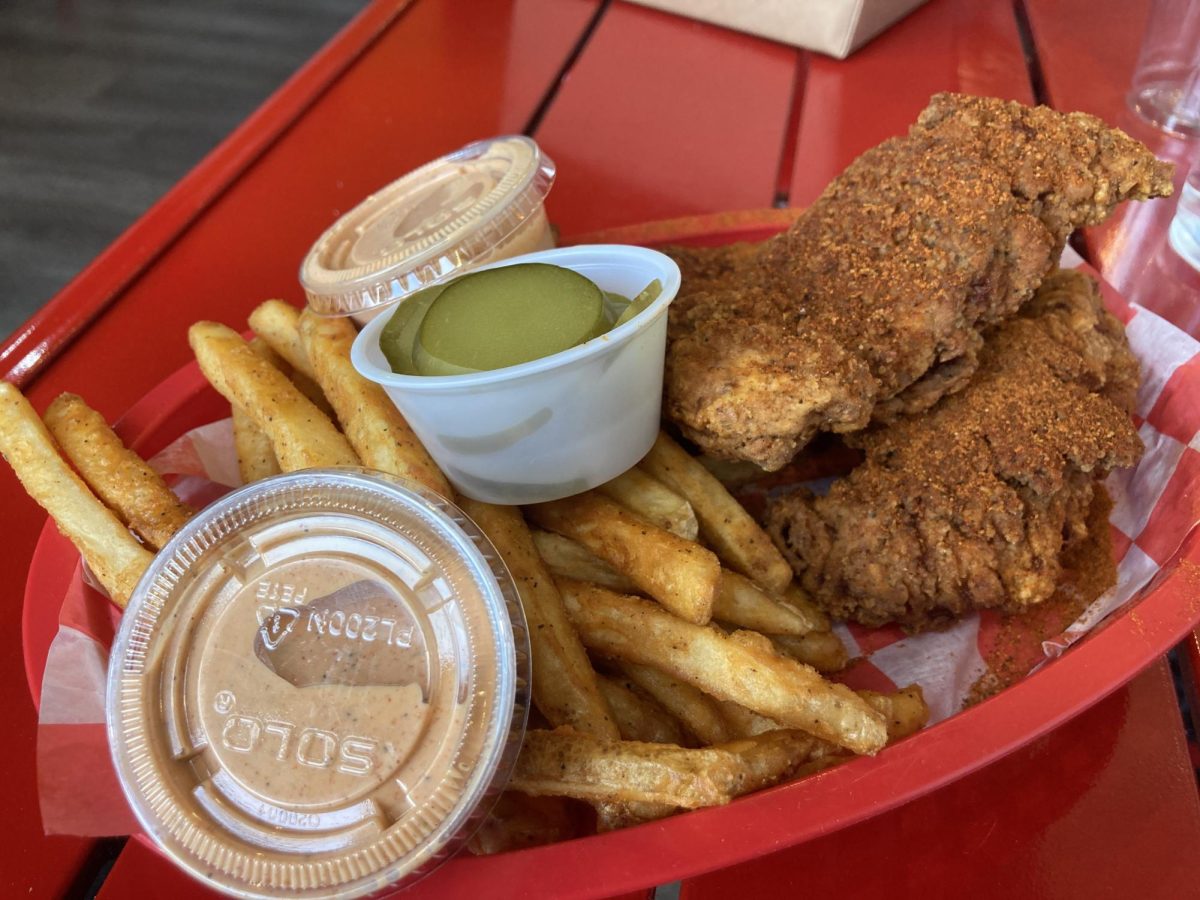Black history is a fascinating and intricate tapestry woven with threads of resilience, triumph, and inspiration. It spans centuries and continents, encompassing countless struggles and achievements. From the horrors of slavery and the Civil Rights Movement to the accomplishments of musicians, scientists and entrepreneurs, Black history is a testament to the extraordinary resilience and creativity of the human spirit. Here’s a list of important figures and movements in Black history you should know.
Historical Figures:
Mansa Musa: A Beacon of Wealth and Culture
Mansa Musa, ruler of Mali in the 14th century, was a symbol of Africa’s wealth and cultural sophistication. His pilgrimage to Mecca challenged biased Eurocentric views of pre-colonial Africa.
Sojourner Truth: A Voice for Freedom and Equality
Sojourner Truth was an inspiring advocate for the abolition of slavery and women’s rights. Her speeches and activism inspired movements for justice and equality, leaving a lasting impact on the fight against oppression.
Frederick Douglass: The Orator of Liberation
Frederick Douglass, a former slave, became an influential abolitionist. His life showed how education and self-determination can transform a person’s life. His eloquence and writings played a key role in ending slavery, highlighting the power of education and self-empowerment.
Harriet Tubman: The Conductor of the Underground Railroad
Harriet Tubman was a true hero who acted as a “conductor” on the Underground Railroad. She demonstrated immense courage and made great sacrifices to challenge systemic oppression. Her legacy continues to inspire people, emphasizing the importance of individual actions in the face of adversity, and serving as a beacon of hope and tenacity.
Social Movements:
The Black Panther Party: Empowering Communities
The Black Panther Party challenged stereotypes through community empowerment, self-defense, and education initiatives like free breakfast programs which exemplified grassroots activism and fostered self-reliance within marginalized communities.
Malcolm X: A Stalwart Advocate for Black Empowerment
Malcolm X’s support for black empowerment and self-defense left a lasting legacy. His evolution from a passionate speaker to a unifying force highlights the complexities of the civil rights movement, inspiring people to fight against injustice.
The Harlem Renaissance (1920s-30s): Cultural and Artistic Movement
The Harlem Renaissance was a major artistic, cultural, and social movement that began in the Harlem district of New York City. During this period, African American intellectuals, writers, musicians, and artists created an impressive body of work that greatly influenced the cultural fabric of the United States.
#BlackLivesMatter (2013-Present): Modern Civil Rights Movement
#BlackLivesMatter movement began after Trayvon Martin’s killer was acquitted in June 2013. It advocates for racial justice, police reform and ending systemic racism. The movement sparked global conversations, protests and policy changes, highlighting the ongoing fight for equality.
The Afro-American Patrolmen’s League (AAPL) (1968-1980s): Police Reform Advocacy
The Afro-American Patrolmen’s League was established by African American police officers in Chicago to address systemic racism within law enforcement and work toward police reform, better community relationships and fair treatment of African American officers.
The Black Lives Matter Global Network (2013-Present): Advocacy for Racial Equity
Black Lives Matter Global Network founded by Cullors, Garza, and Tometi aims to promote equity, and justice, and address police violence, and systemic racism. They advocate for social and political change towards a more just society.
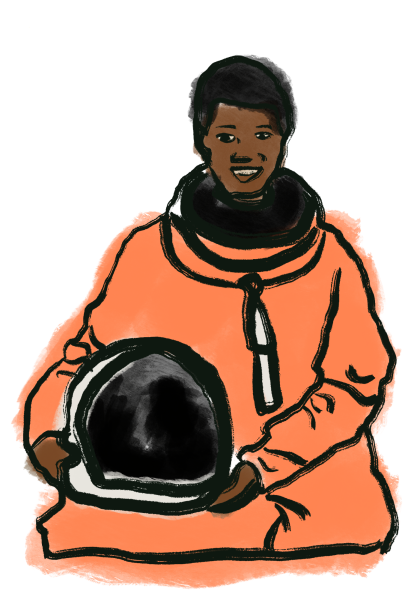
Political Figures:
Barack Obama: Breaking Barriers and Inspiring Generations
Barack Obama’s presidency broke racial barriers, inspiring hope and progress. His achievements highlight the power of inclusive governance.
Civil Rights Leaders: Architects of Change
Civil rights champions such as Martin Luther King Jr., Rosa Parks and John Lewis devoted their lives to eradicating segregation and advocating for racial equality. They championed peaceful yet determined activism that set the groundwork for enduring change, exhibiting the potency of nonviolent protest in opposing systemic discrimination.
Shirley Chisholm (1924-2005): Trailblazing Politician
Shirley Chisholm was the first African American woman to be elected to Congress in 1968. In 1972, she became the first black major-party candidate and the first woman to run for the Democratic Party’s presidential nomination. Chisholm was a fierce advocate for civil rights and gender equality.
John Lewis (1940-2020): Icon of the Civil Rights Movement
John Lewis, a civil rights leader, and U.S. Congressman, was a key figure in organizing the March on Washington in 1963. His dedication to nonviolent activism and advocacy for racial justice continued throughout his political career.
Barbara Jordan (1936-1996): Advocate for Equality
Barbara Jordan was a pioneering politician and the first African American woman elected to the Texas Senate. In 1976, she made history as the first African American woman from the South elected to the U.S. House of Representatives. Jordan was a passionate advocate for civil liberties, equal rights and social justice.
Andrew Young (Born 1932): Diplomat and Civil Rights Leader
Andrew Young, a trusted confidant of Martin Luther King Jr., played a pivotal role in the civil rights movement. Subsequently, he served as the United States Ambassador to the United Nations during the presidency of Jimmy Carter. Young’s diplomatic efforts and unwavering commitment to social justice have had a lasting impact on American politics.
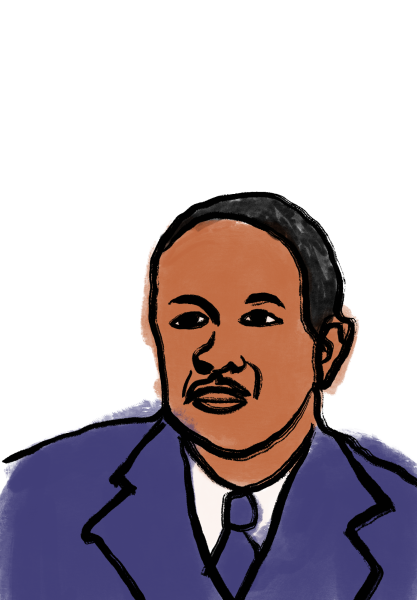
Scientific Contributors:
George Washington Carver (1864-1943): Agricultural Innovator
George Washington Carver, the “Peanut Man,” revolutionized Southern agriculture by developing hundreds of products from peanuts, sweet potatoes and soybeans. His work promoted sustainable farming practices and improved farmers’ economic well-being.
Mae Jemison (Born 1956): Pioneer in Space Exploration
Mae Jemison is the first African American woman to travel in space, aboard the Space Shuttle Endeavour in 1992. She is also a physician and engineer who promotes STEM education to inspire future generations to pursue careers in science and space exploration.
Percy Julian (1899-1975): Chemistry Pioneer
Percy Julian was a chemist who synthesized drugs from plant compounds. His work led to affordable treatments for diseases like glaucoma and rheumatoid arthritis, making him a pioneer in medicinal chemistry.
Shirley Ann Jackson (Born 1946): Physics and Technology Leader
Shirley Ann Jackson is a prominent theoretical physicist and the first African American woman to earn a Ph.D. from MIT. She has made significant contributions to the fields of physics and technology, served as the chairman of the U.S. Nuclear Regulatory Commission and is now the president of Rensselaer Polytechnic Institute.
Black history is not just in the past: it impacts our present and future. By promoting inclusivity and acknowledging its importance, we can create a fair society. Let’s celebrate and honor it every day, learn from those before us and work together to build a better world.
